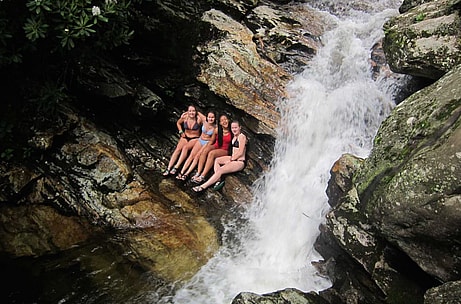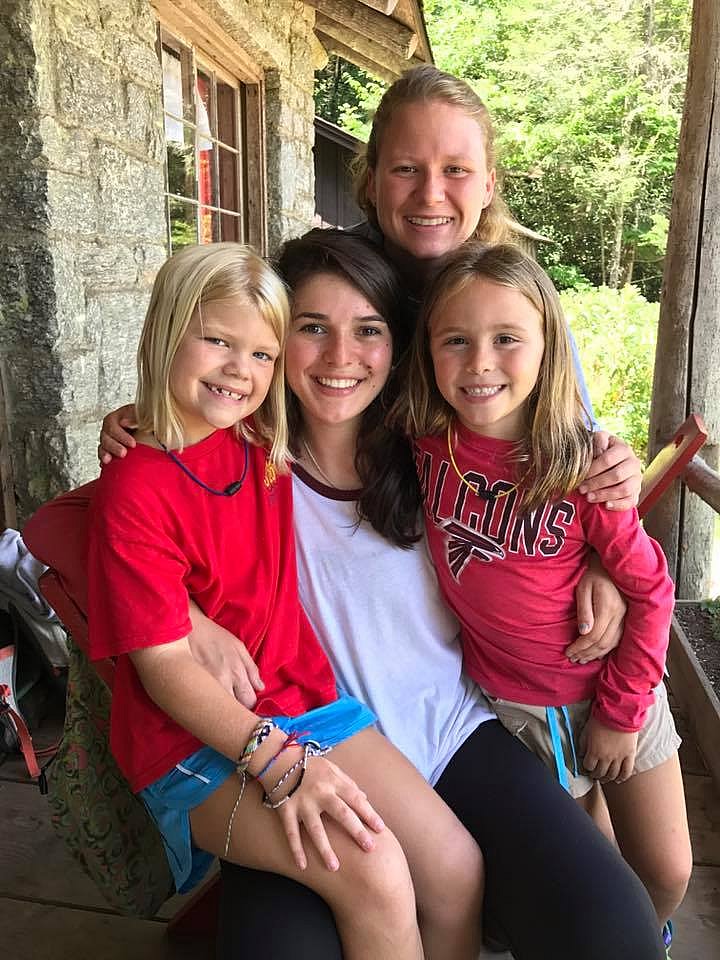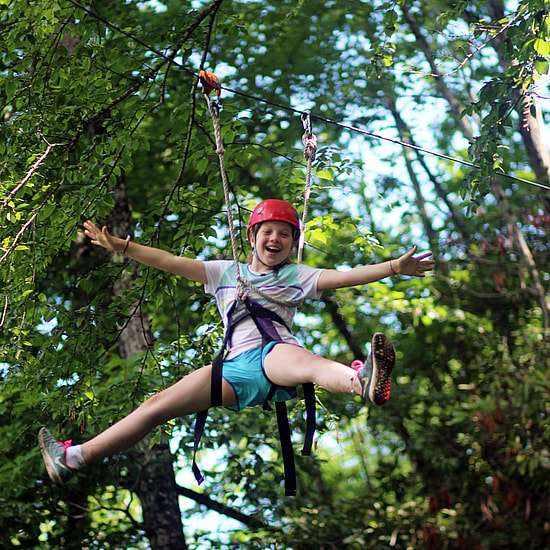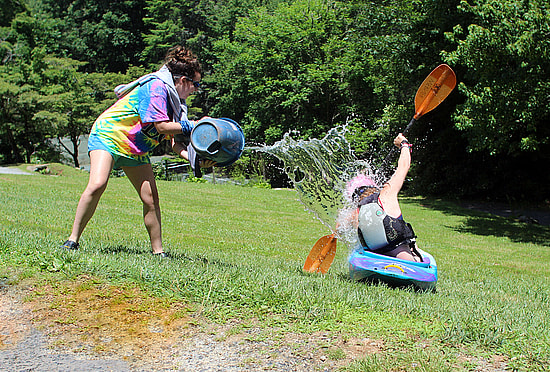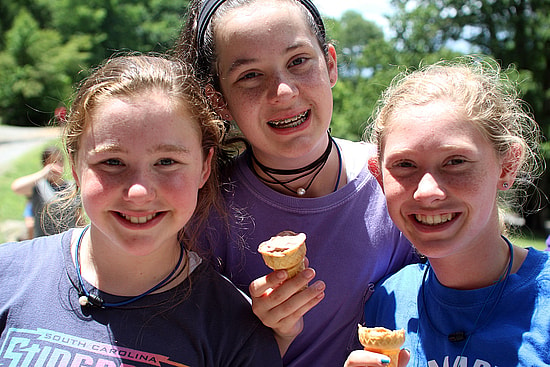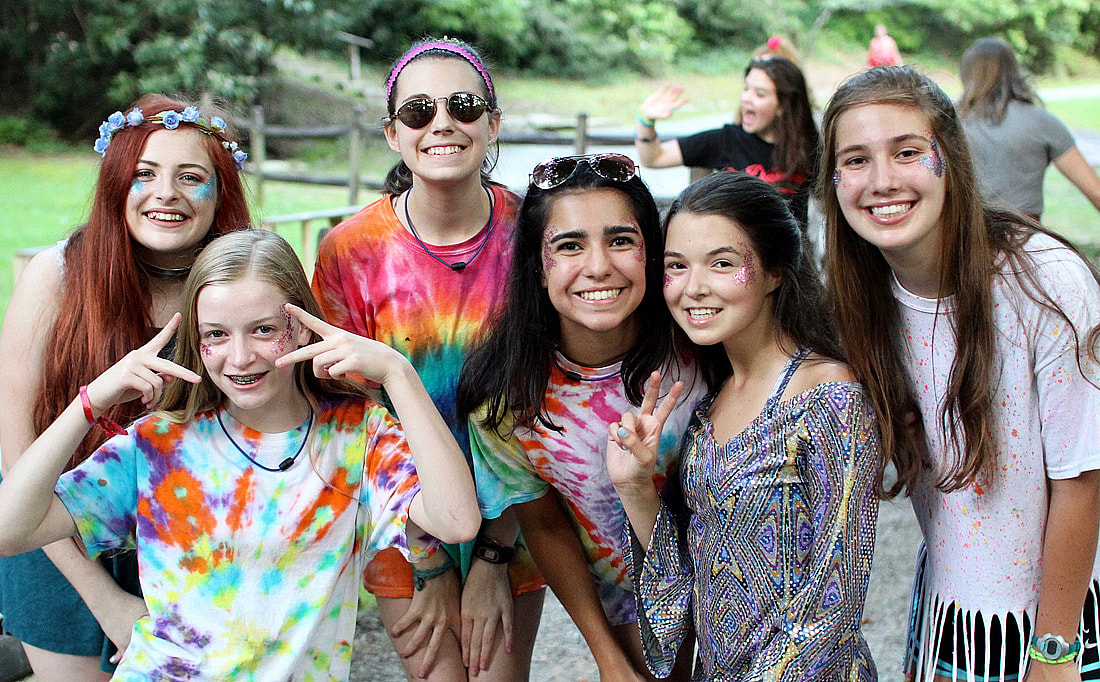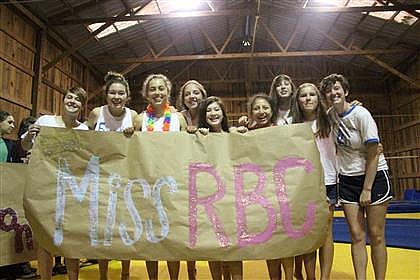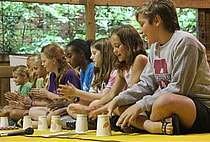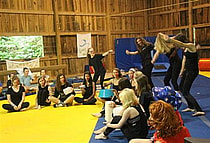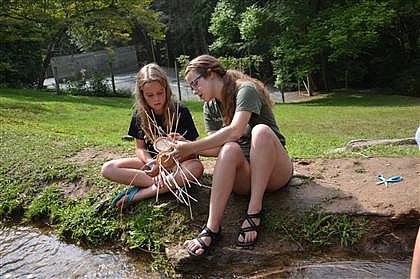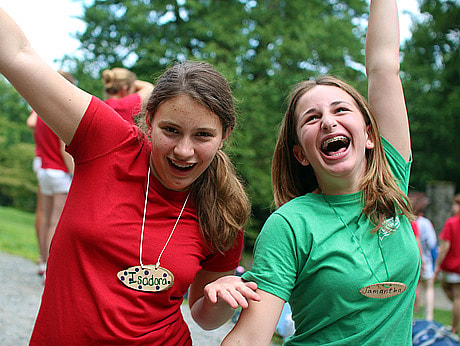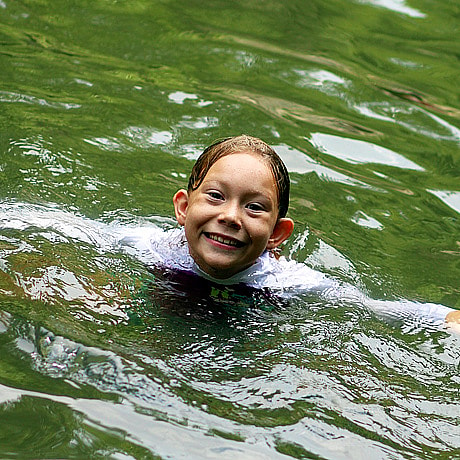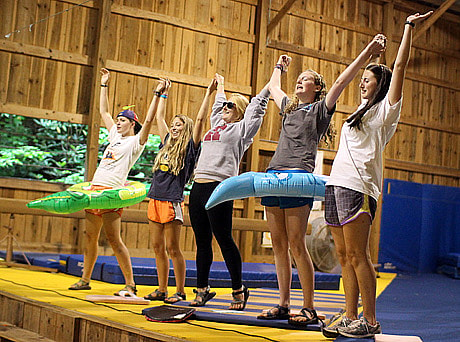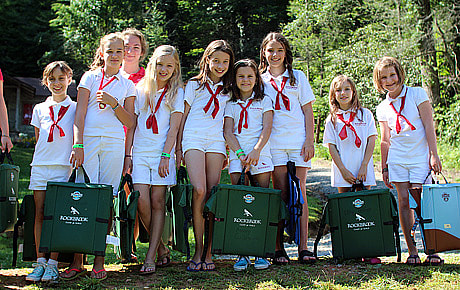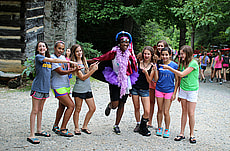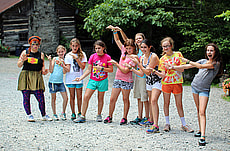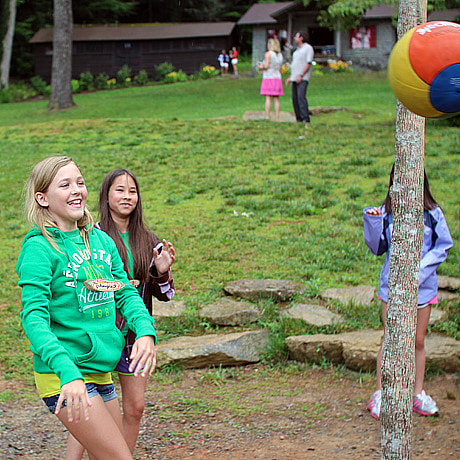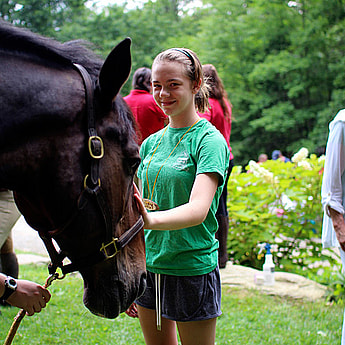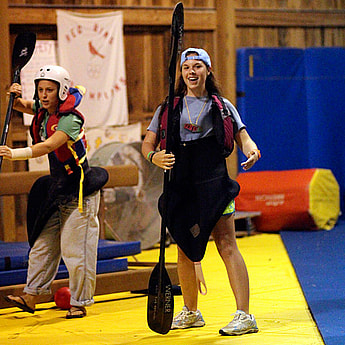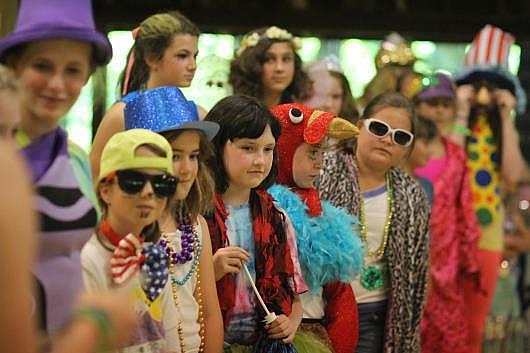During my time as an archery instructor this summer, I have noticed in some campers an expectation of high performance during their time on the range. Archery is a sport that requires an understanding of basic from when shooting, such as keeping your elbow up when you pull the bowstring back, keeping your feet parallel and a shoulder length apart, and keeping your arms straight. Often, if a shot does not land as expected campers can be quick to say “I’m not good at this” or “this is not for me” even after one or two tries. Admittedly, I have been this camper myself, and as I’ve transitioned from camper to counselor I have grown to recognize these kinds of perfectionistic tendencies in both myself and in campers.
Perfectionism, “a refusal to accept any standard short of perfection,” can be taught and internalized in children in many ways, especially in school where high achievement, high grades, and high standardized test scores are the expectation. Standards such as these are not inherently bad and can lead to greater success, but there can also be consequences that oftentimes lead children lacking confidence if they feel they aren’t achieving as well as they think they should be.
Camp is a place for girls to leave perfectionism behind. It is a place where mistakes are understood as a part of the process of life and learning. Without the added pressures from high expectations, campers live their camp life to the fullest, and in the most fun ways possible— and giving girls the confidence to decide for themselves how they want to spend their days here.
As a camper, I always felt at ease during my summers at camp. The pressures of home and performance never affected what I did here, and I was always supported in my endeavors, even if I felt I had made mistakes. Making something because I wanted to and not for anyone else was also a freeing feeling. Now as a counselor, I try to give campers the same support and ease. In pottery, when we make slab mugs some campers will say “I don’t like how this turned out, can I have a new slab?” to which my fellow instructor and I reply “just flip it over and start again!”. Even if the camper does not like what they’ve made at first, trying something new or turning a mistake in an intended design can make a piece look even better.
As a counselor, one of my favorite things to do is watch evening program camper skits. Certain nights the cabins on each line are given a wacky theme to create a skit around such as “Christmas in July” or “Moana meets Frozen”. Skits are a wonderful time for campers to let their creativity shine, design and wear funky costumes, and learn how to work together as a group. The campers never fail to come up with hilarious and out-of-the-box performances, and seeing the girls cracking up at their own antics during the skit and laughing together afterwards is always a delight. There is no right or wrong way to create a skit— no way to make it “perfect” —and I believe that is why the campers have so much fun making and performing them.
To conclude, at the start of this past rotation in Archery I was teaching a girl who, after a few arrows missed the target, claimed “I’m just not good enough at this.” However, as my co-instructor and I gave her a few tips and she got more used to shooting the bow, her aim became more accurate. At the end of class that day, four of her five arrows hit the white of the target and she cried with joy “I got them on the target! Look! I did it!” and she received congratulations and cheers from the other girls in the class. Today, that same camper got a bullseye! She was astonished and proud and we all cheered together. It was a great improvement from the first day of class, when she had expected a great shot on her first try. With guidance, practice, and confidence girls can do anything they set their minds to, and here at camp it is known that mistakes are just a part of learning.
—Hailey McGee, camper & counselor, 2010-present







